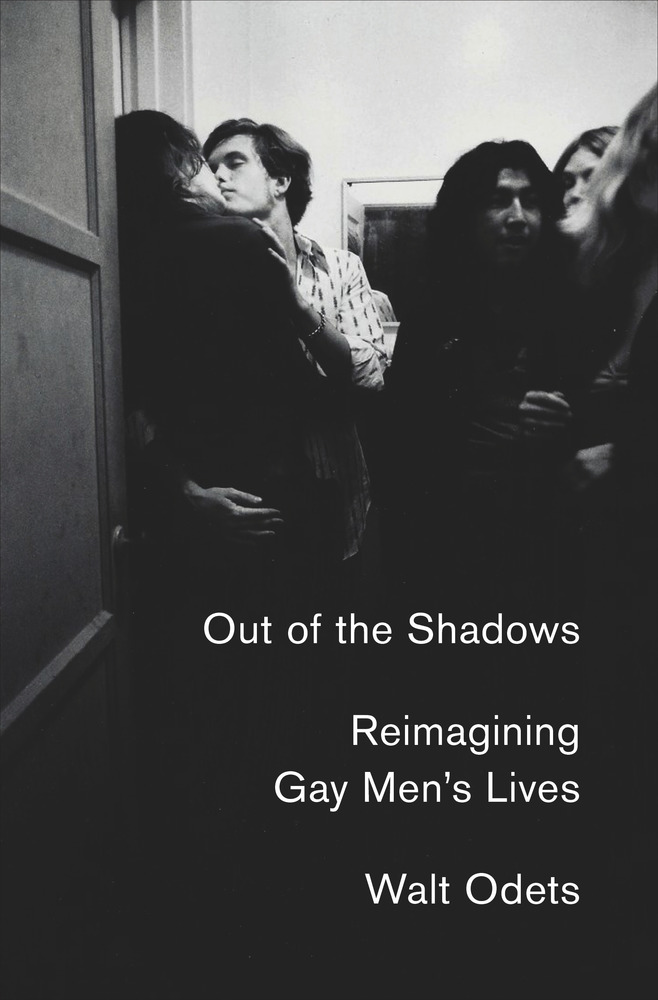In a foreword to his sprawling, insightful examination of the challenges faced by three generations of gay men in the U.S., Odets writes that aside from his primary intended audience—gay men—he considered the interests of two other groups: women, whose “insight and compassion” they contribute to gay men’s lives “cannot be overstated”; and fellow psychotherapists.
As a straight man, I would like Odets to know how valuable this book was to me as well. His critique of the “socially constructed ‘male’ identity,” which, he writes, has “long baffled women,” should invite any interested reader to consider how they have been shaped or otherwise impacted by male gender constructs, which can lead men toward inauthentic overcompensation or emotional repression, thus failing to realize their true selves and express themselves to others. He writes about the various ways that gay men have been socialized in a “heterosexist” society, absorbing shame or simply by understanding themselves in limited terms as a “homosexual,” rather than fully explore their “an entire internal life of feeling” as a gay man. Here, the straight male reader gains an opportunity to measure his own ability to relate to gay sensibility and see the value. “Some heterosexual men are able to read the sensibility of gay men and appreciate it… and their freedom from the familiar, constricted male identities.”
Much of the book draws from Odets’s experience as a therapist, and includes extended case studies from men that represent a “tripartite community” of gay men whose lives were primarily shaped by one of three pivotal years: 1969, 1981, and 1996. In working with these men, Odets found commonalities in the stigma they faced in early life and the traumas they’ve carried since, and traces the various ways they have been healed, often late in life. Make no mistake; despite this description, Out of the Shadows is no self-help book. Odets is not selling himself or any particular bill of goods. This is a rigorous study full of incredible stories, incisive commentary, and deep empathy.
— David Varno


 Out of the Shadows: Reimagining Gay Men’s Lives by Walt Odets (Farrar, Straus and Giroux)
Out of the Shadows: Reimagining Gay Men’s Lives by Walt Odets (Farrar, Straus and Giroux) 